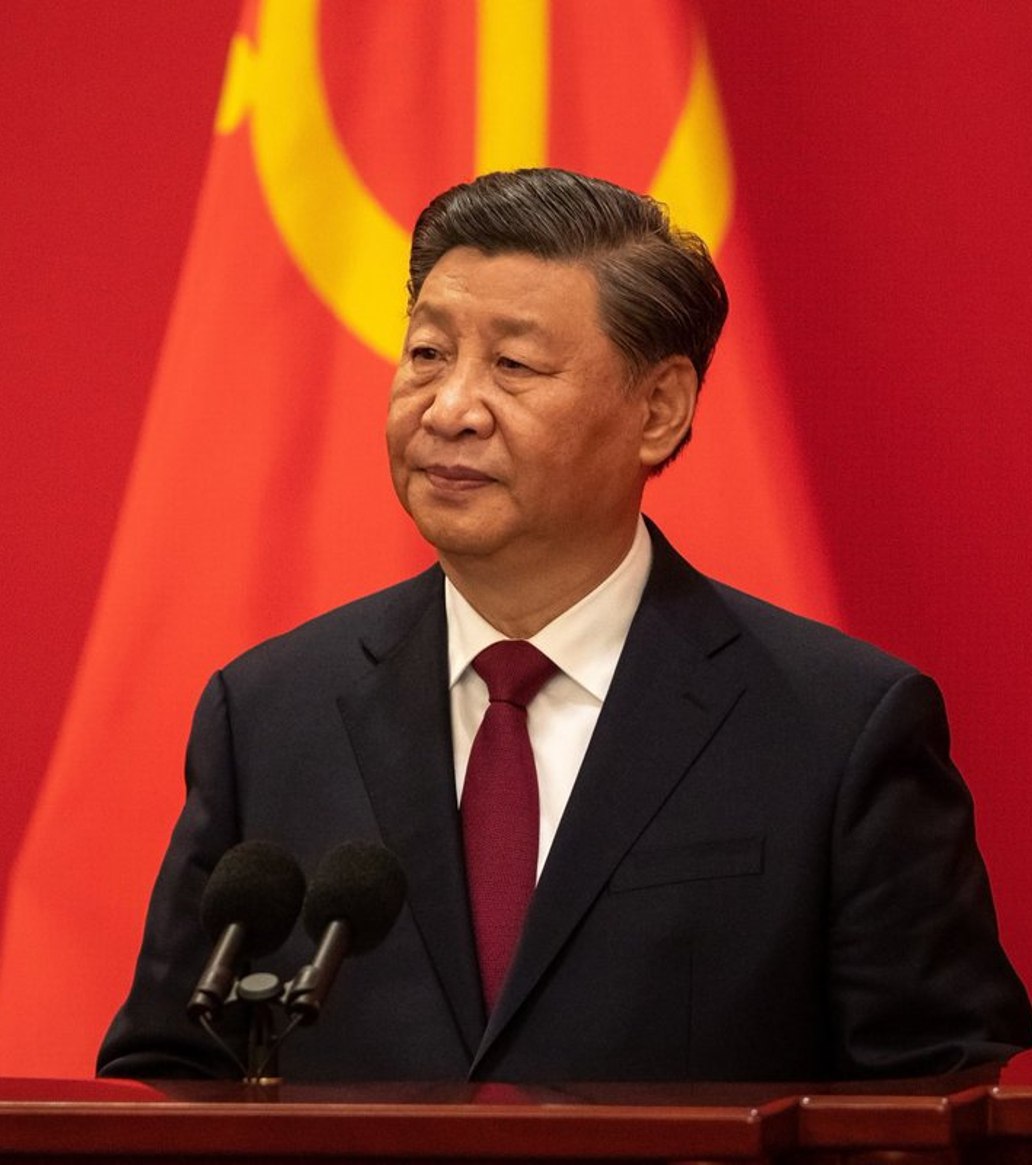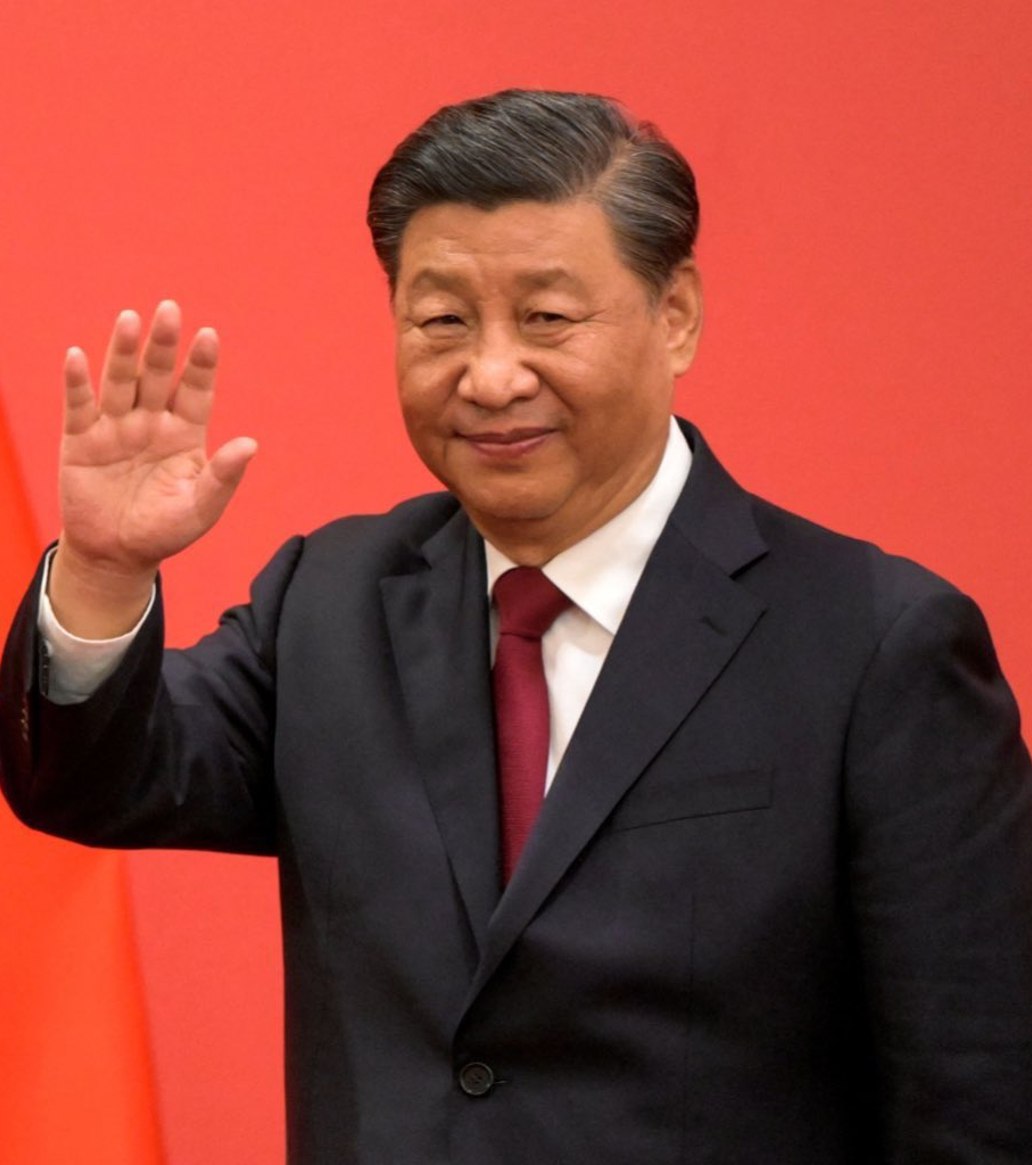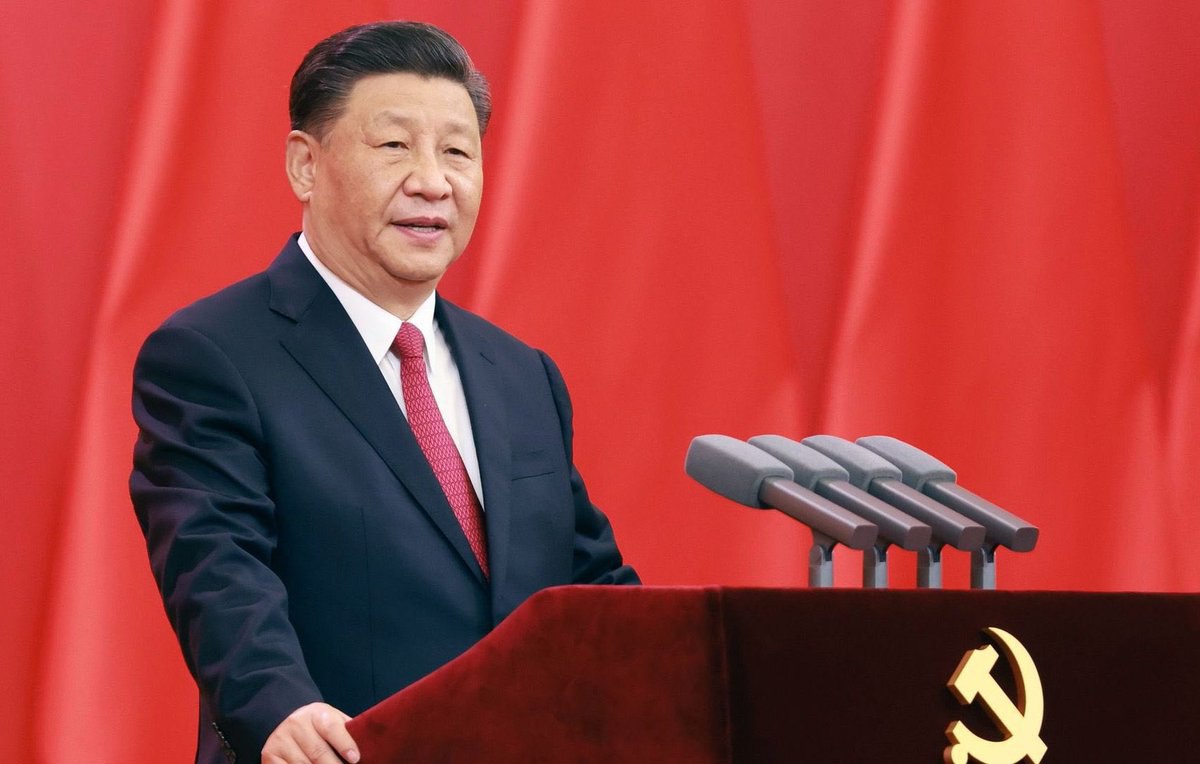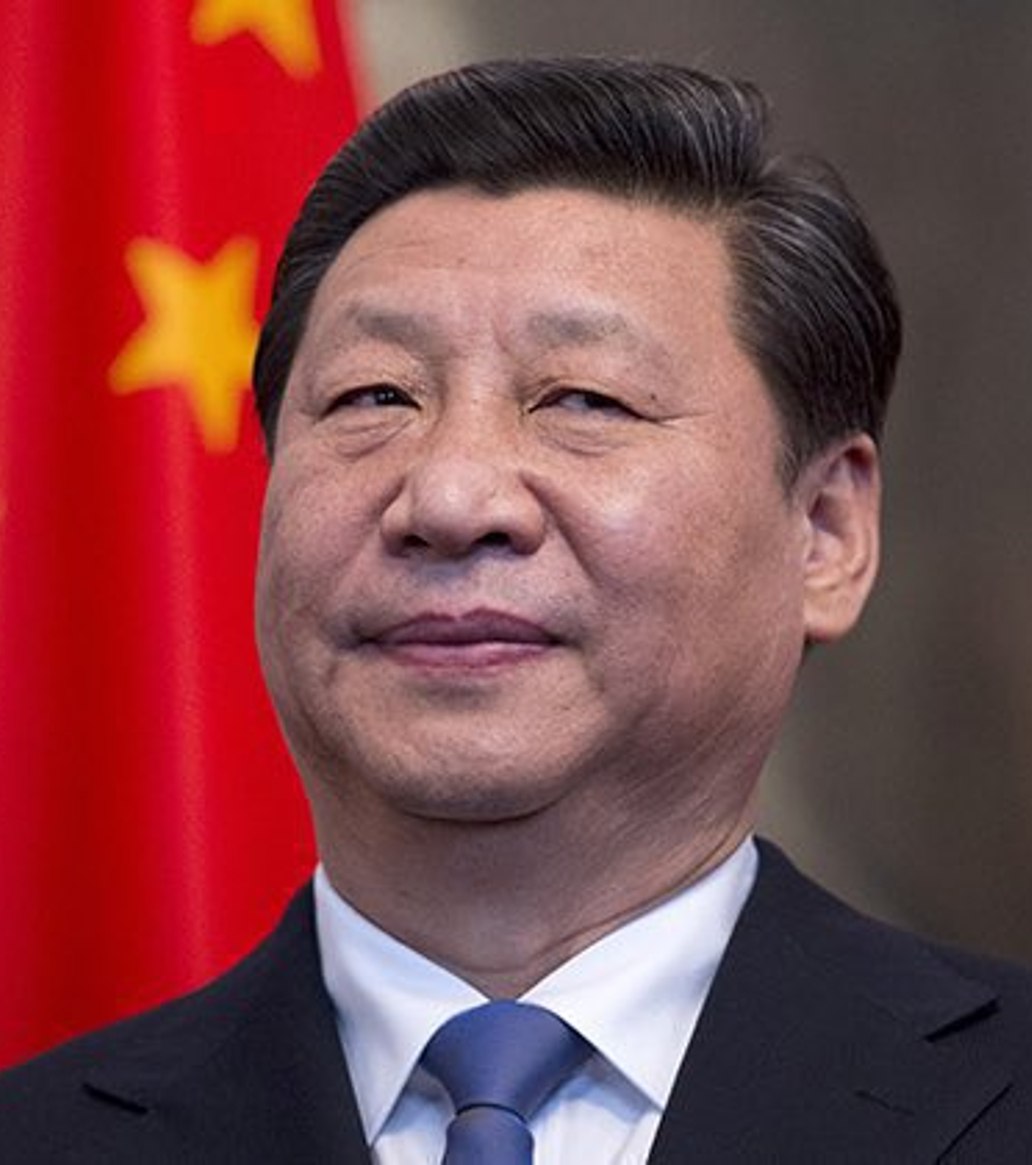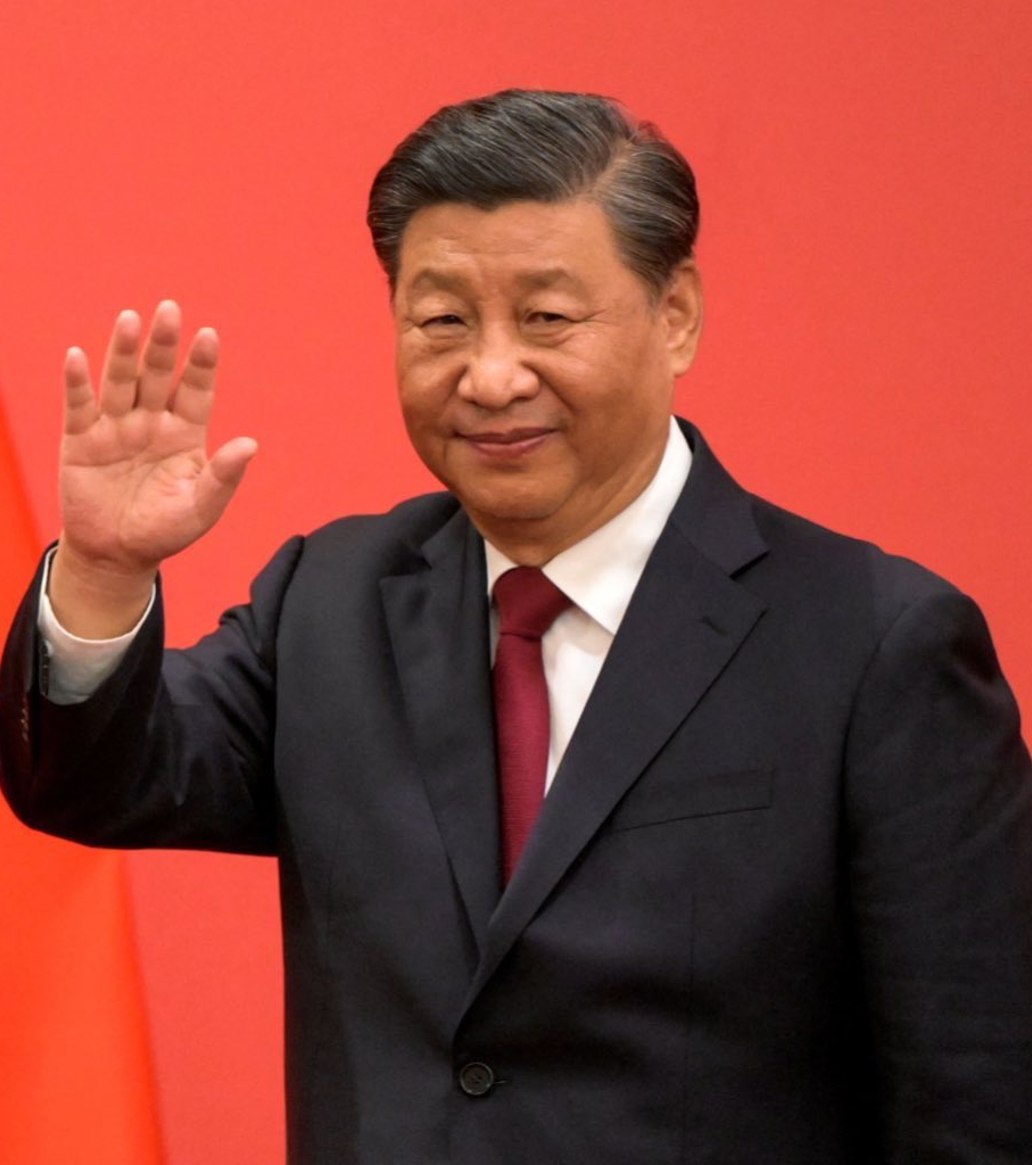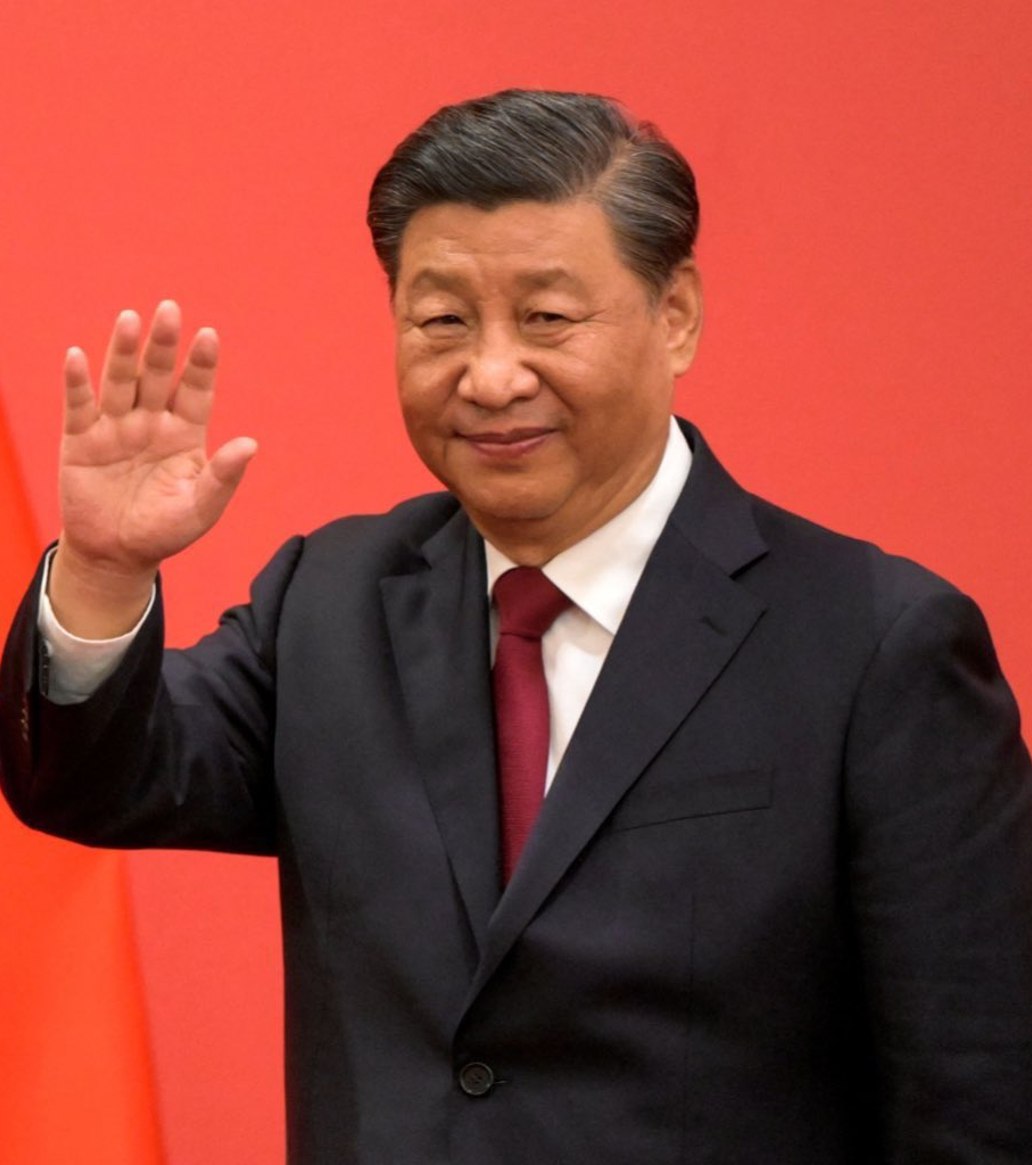US President Trump Criticizes China for "Doing Very Poorly" Amid Economic Struggles
In a recent statement, former US President Donald Trump made a bold claim regarding China’s current economic situation, calling the country’s performance “very poor.” Speaking at a rally in Florida, Trump criticized the Chinese government’s handling of key economic issues, particularly in the wake of the global pandemic and the ongoing trade tensions between the two largest economies in the world.
Trump's remarks come at a time when China’s economic recovery from the COVID-19 pandemic is showing signs of slowing down. With GDP growth projections lower than expected and an increase in youth unemployment, concerns are mounting over the nation's economic stability. Trump emphasized that China’s struggle to meet growth targets and its reliance on state intervention to stimulate its economy was a sign of deeper systemic issues.
The former president’s comments were a direct response to recent reports showing that China’s manufacturing sector is facing significant challenges, with production slowing and export growth dipping. Trump argued that China’s failure to address these economic setbacks was putting immense pressure on the global supply chain, which, in turn, impacts the United States and other Western nations.
In his speech, Trump also expressed skepticism about China’s official economic data, suggesting that the Chinese government often manipulates its figures to portray a stronger economy than what truly exists. He pointed to the sharp contrast between China’s claimed economic growth and the difficulties many Chinese citizens face, including rising living costs and an ever-growing wealth gap.
The former president's criticism is part of his ongoing efforts to highlight what he calls China’s economic and political mismanagement. Trump previously introduced a range of tariffs on Chinese goods as part of his administration's strategy to confront China over trade practices he deemed unfair. While the Biden administration has made efforts to ease tensions with China, many still view the former president’s rhetoric as a significant influence on US foreign policy toward China.
As the US continues to navigate its relationship with China, the debate over the Chinese economy remains central to discussions on global trade and geopolitics. Experts warn that the ongoing economic struggles in China could lead to more volatility in the global markets, which might have lasting effects on both Chinese and international economies.
In conclusion, Trump’s recent remarks add fuel to the ongoing discourse surrounding China’s economic future. As tensions persist between the US and China, global attention will likely remain focused on how both countries navigate these complex economic challenges in the coming months.


